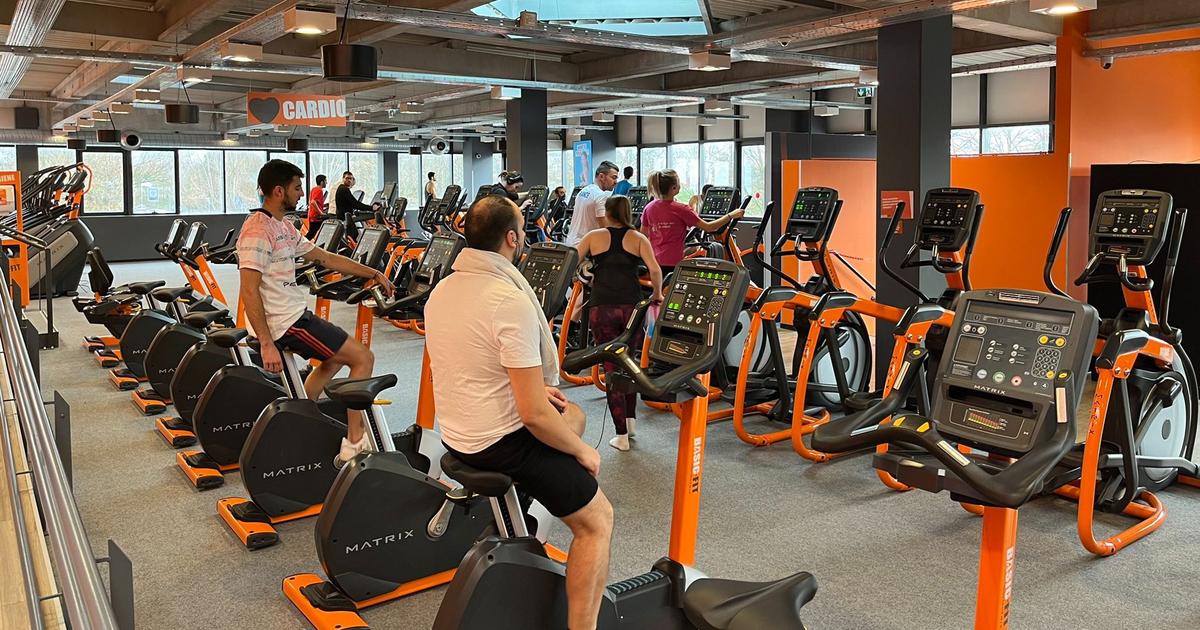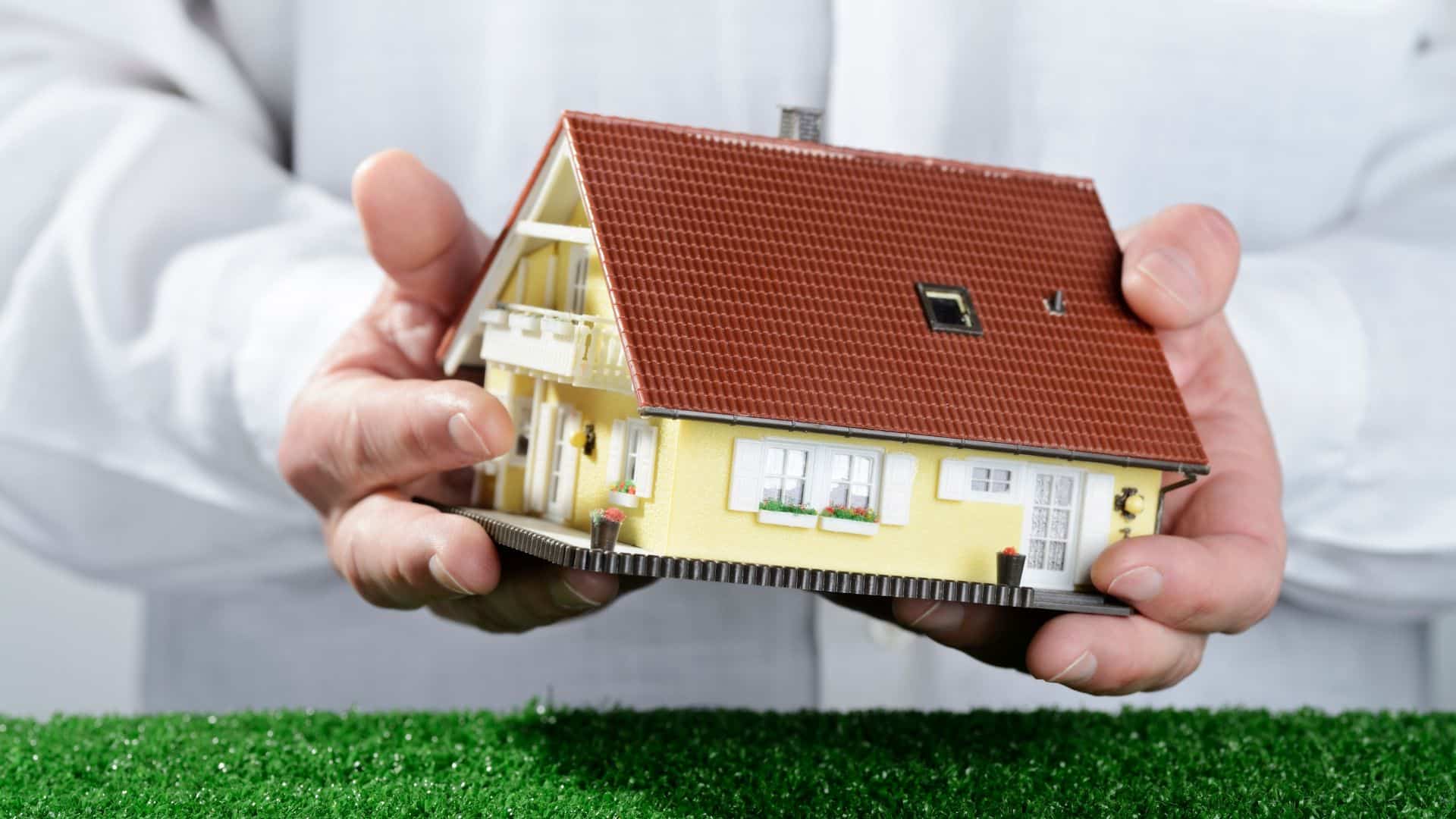What is your heat pump’s coefficient of performance (COP)?

at the time Choose a heat pump for your home, one of the essential criteria to consider is its energy efficiency. The Coefficient of Performance, or COP, is a key indicator that allows you to evaluate this efficiency and thus save money on your energy bill. In this article, we will explain to you what the COP of a heat pump is, how it is calculated and the factors that influence its value. In addition, we will give you some tips to improve the efficiency of your current installation.
What is Coefficient of Performance (COP)?
is the coefficient of performance (COP). A ratio that measures the energy efficiency of a heat pump. It corresponds to the ratio between the thermal energy (heat) produced and the electrical energy (electricity) used to drive the pump:
COP = Thermal energy produced / Electrical energy consumed
Example :
For a heat pump that consumes 1 kWh and releases 3 kWh of heat, the COP coefficient is 3
Thus, a high COP indicates that the heat pump produces a lot of heat for less electricity consumption, which means that it is very efficient and economical to use.
COP values for different types of heat pumps
COP values vary depending on heat pump technologies:
- Air-Air Heat Pump: They draw calories from the outside air to heat the air inside. Their COP is usually between 3 and 4.
- Air-Water Heat Pump: They extract heat from the outside air to heat the water that supplies the central heating circuit (radiators or underfloor heating). Their COP averages between 2.5 and 4.
- Geothermal Heat Pump: They capture the calories present in the soil or groundwater to heat water circuits, with COPs that can reach 5 or more.
Please note, however, that these values are indicative and may vary depending on usage conditions and specific characteristics of each model.
How useful are window vents? Can I block them to limit drafts?
The COP of the heat pump is determined by Tests are conducted in a laboratory, according to standardized conditions defined by international standards. These tests make it possible to measure the energy efficiency of the heat pump under different conditions, especially depending on the outside temperature and the water in the heating circuit.
Knowing that actual conditions of use are often different from those expected in the laboratory, it is necessary to consider the factors influencing COP to estimate your installation:
outside temperature
Performance of heat pumps Mostly depends on outside temperature and especially on aerothermal systems. As the temperature decreases, heat exchange between the outside air and the refrigerant becomes more difficult, leading to a decrease in COP.
Quality of installation
A properly sized and well built installation Helps optimize the COP of your heat pump. It is therefore recommended to call a competent professional to select and implement your system.
Care and maintenance
Regular maintenance of your heat pump Ensures its proper functioning and avoids loss of efficiency. Do not hesitate to follow the manufacturer’s recommendations and call a professional if necessary.
If you want to improve the coefficient of performance of your heat pump and thus save energy, here are some tips:
- Choose the right model: Choose a heat pump whose power and COP suit your needs and your home’s specifications (surface area, insulation, etc.).
- Adapt the water temperature of the heating circuit: Reducing the water temperature by a few degrees can increase the COP while maintaining satisfactory thermal comfort.
- Install climate control: This device automatically adjusts the water temperature of the heating circuit according to the climatic conditions, thus optimizing the energy performance of your heat pump.
is the coefficient of performance A key indicator for evaluating the energy efficiency of heat pumps. Consider this when making your choice and be sure to follow the recommendations to improve COP and save money on your energy bill.





